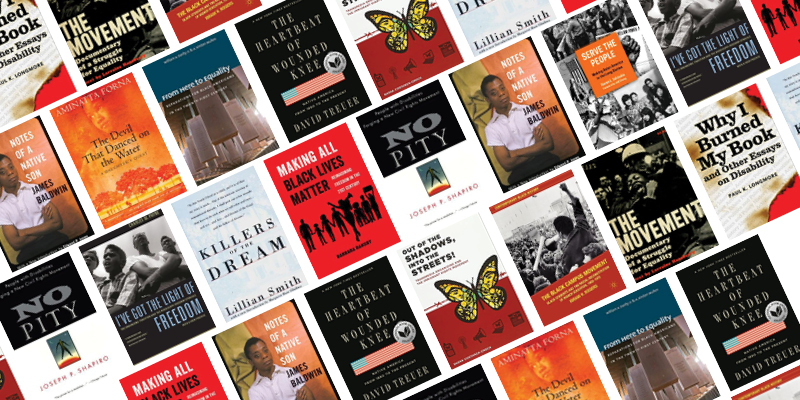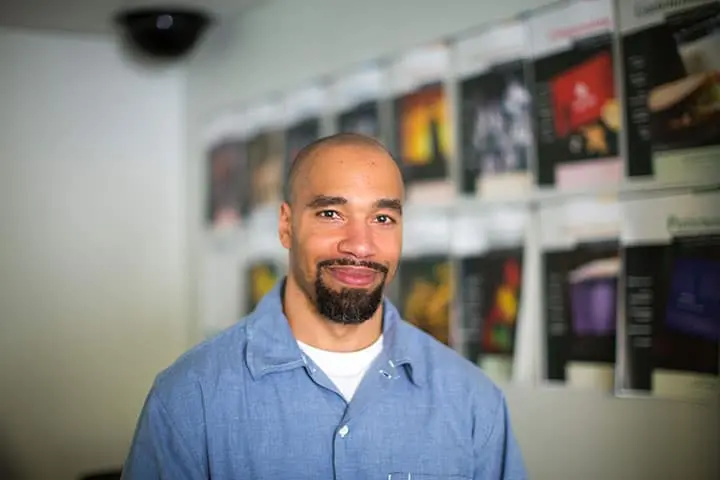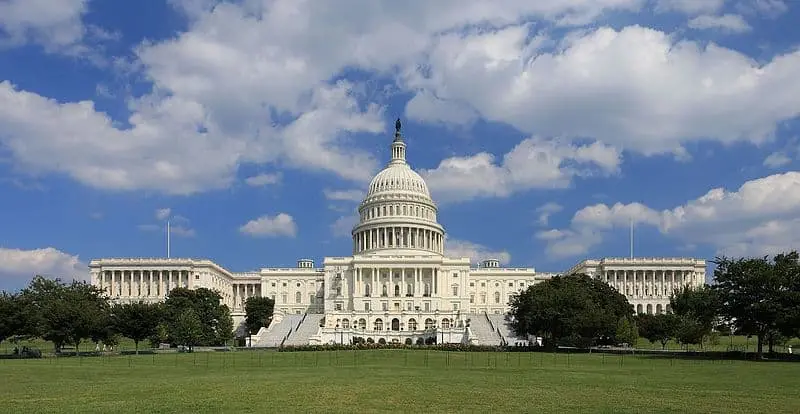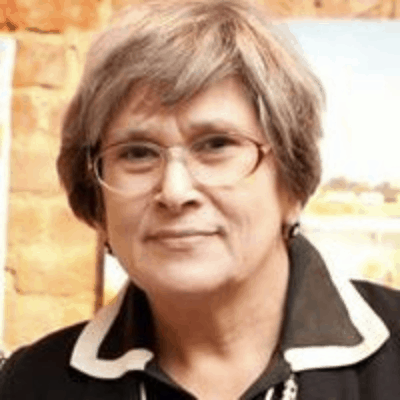
As protest rights are threatened around the country, as documented in the new PEN America report Arresting Dissent, we turn to books that demonstrate the power and importance of taking action and speaking out against racism, oppression, censorship, and injustice. We asked authors, historians, and scholars to share one book that has inspired and informed them as they write, create, and dissent.
These titles represent a wide spectrum of material, from narrative histories of some of our country’s social movements, to lyrical and searing works of prose that embody the spirit of protest in their pages. Contributors include bridgette bianca, Lennard Davis, Joy Harjo, Margo Jefferson, Robin D. G. Kelley, Yusef Komunyakaa, An Xiao Mina, Harryette Mullen, Imani Perry, Natasha Tretheway, David Treuer, Alice Wong, and Helen Zia. We encourage you to purchase one or more of these books from a Black-owned bookstore near you.
bridgette bianca recommends The Black Campus Movement: Black Students and the Racial Reconstitution of Higher Education by Ibram X. Kendi
As an alum of Howard University and a college professor, when I think of protest, I think of young Black people and the futures they imagine, create, and require. The Black Campus Movement explores what happens when we challenge institutions and demand respect, representation, and accountability. Let this book serve as a reminder that the time for progress is always right now.

bridgette bianca is a poet and professor from South Central Los Angeles and the author of be/trouble.
Social: @bridgettebianca on Facebook and Instagram
Lennard Davis recommends No Pity: People with Disabilities Forging a New Civil Rights Movement by Joseph Shapiro
Joseph Shapiro’s No Pity is a journalistic account of the disability activism that led to the historic occupation of federal buildings around the country to demand the approval of Regulation 504 of the Rehabilitation Act of 1973, which prohibited discrimination against people with disabilities. It also follows other aspects of protest and civil disobedience related to increasing rights for people with disabilities and Deaf people.

Lennard J. Davis, Distinguished Professor of Disability, English, and Medical Education at the University of Illinois at Chicago, is the author of numerous books including Enabling Acts: The Hidden Story of How the Americans with Disabilities Act Gave the Largest US Minority Its Rights.
Social: @lendavis on Twitter
Joy Harjo recommends The Heartbeat of Wounded Knee: Native America From 1890 to the Present by David Treuer
Native peoples are disappeared from the story of America and we remain invisible, though we are the original occupants of these lands. There is no American history or history of protest without us. This collection eloquently tells the story of Native peoples in this country from after the 1890 massacre at Wounded Knee, in a hybrid of journalism and memoir.

Joy Harjo is the 23rd U.S. Poet Laureate, the author of An American Sunrise, and executive editor of forthcoming anthology, When the Light of the World Was Subdued, Our Songs Came Through, A Norton Anthology of Native Nations Poetry.
Social: @joyharjo on Facebook
Margo Jefferson recommends The Devil That Danced on the Water: A Daughter’s Quest by Aminatta Forna
Forna was a child when her father was killed for opposing Sierra Leone’s emerging dictatorship. As an adult, she gave her mind and heart to documenting this history of slaughters and cover-ups. Nothing is left out here—not the political demands, not the personal costs, not the honor, the anguish, or the valor.

Margo Jefferson is a professor of writing at Columbia University School of the Arts and a Pulitzer Prize-winning author of the books On Michael Jackson and Negroland, winner of the National Book Critics Circle Award for Autobiography.
Robin D. G. Kelley recommends Making All Black Lives Matter: Reimagining Freedom in the 21st Century by Barbara Ransby
Barbara Ransby is known as one of the leading historians of Black radical social movements. The book not only lays out the history of Black Lives Matter and its precedents, but it also powerfully reveals the movement for what it is—anchored in Black feminist, intersectional, and decolonial politics; principled coalition-building; international solidarity; revolutionary art and cultural transformation; Love; and a shared commitment to defending all Black life from degradation, dispossession, defamation, and premature death. What she demonstrates is that these struggles under the umbrella of the Black Lives Matter movement represent the first time in the history of U.S. social movements that Black feminist politics have defined the frame for a multi-issue Black-led mass struggle that does not primarily or exclusively focus on women.

Robin D.G. Kelley is the Gary B. Nash Professor of American History at UCLA, and author of Thelonious Monk: The Life and Times of an American Original, among many other books.
Yusef Komunyakaa recommends Killers of the Dream by Lillian Smith
I view Killers of the Dream as a primer for today’s inquiry. Lillian Smith had her fingers on the pulsebeat of the national psyche, long before it was halfway accepted or cool. Smith was a risk-taker; a biting truth seemed to have resided in her blood and character.

Yusef Komunyakaa is the author of 14 poetry collections, including The Emperor of Water Clocks, and is the Distinguished Senior Poet at New York University’s Creative Writing Program.
An Xiao Mina recommends Out of the Shadows, Into the Streets!: Transmedia Organizing and the Immigrant Rights Movement by Sasha Costanza-Chock
Out of the Shadows, Into the Streets! by Sasha Costanza-Chock shows in detail how movements work across different mediums, linking messages to participation, and participation to action. This 2014 case study of the immigrant rights movement in the United States continues to offer lessons for today’s movements, which rely as much on the internet as offline action to effect change. While the COVID-19 pandemic has shifted the dynamics of how we organize, Costanza-Chock’s work on transmedia organizing reminds us of the importance of media making, narrative building, and transforming consciousness as a vital part of social change work.

An Xiao Mina is an American technologist, researcher, and artist. She is the author of Memes to Movements: How the World’s Most Viral Media Is Changing Social Protest and Power.
Harryette Mullen recommends From Here to Equality: Reparations for Black Americans in the Twenty-First Century by A. Kirsten Mullen and William A. Darity Jr.
Racism and discrimination have choked economic opportunity for African Americans at nearly every turn. At several historic moments, the trajectory of racial inequality could have been altered dramatically. . . but neither Reconstruction, nor the New Deal, nor the civil rights struggle led to an economically just and fair nation.
“When the architects of our Republic wrote the magnificent words of the Constitution and the Declaration of Independence, they were signing a promissory note to which every American was to fall heir. This note was a promise that all [Americans] would be guaranteed the unalienable rights of life, liberty and the pursuit of happiness. It is obvious today that America has defaulted on this promissory note insofar as her citizens of color are concerned. Instead of honoring this sacred obligation, America has given [them] a bad check, a check which has come back marked ‘insufficient funds.’” —Martin Luther King Jr.

Harryette Mullen is an award-winning American poet, short story writer, literary scholar, and author of Urban Tumbleweed: Notes from a Tanka Diary, among other books.
Imani Perry recommends I’ve Got The Light of Freedom: The Organizing Tradition and the Mississippi Freedom Struggle by Charles M. Payne
I’ve Got The Light of Freedom is a superb book. Payne argues that if we are to understand the civil rights movement fully, we must pay attention to organizers who worked to nurture local leadership and immersed themselves deeply in the day-to-day labors of resisting the structure, ideology, and violence of Jim Crow. It is an essential history of how a social movement was built and sustained.

Imani Perry is the Hughes Rogers Professor of African American Studies at Princeton University and the author of Breathe: A Letter to My Sons, among other books.
Social: @imaniperry on Instagram
Natasha Tretheway recommends The Movement: Documentary of a Struggle for Equality by Lorraine Hansberry [OUT OF PRINT]
They stand in the hose fire at Birmingham, they stand in the rain at Hattiesburg.
They are young, they are beautiful, they are determined.
It is for us to create, now, an America that deserves them. —Lorraine Hansberry
“The cover photo looks like it could have been taken last week, capturing what has long been, for those willing to see it, an iconic image of America: a white police officer collaring a black man from behind in a chokehold, the black man’s mouth open as if to shout or gasp for air. He is, the caption tells us, a 17-year-old in the Atlanta Movement, an honour student. It was his eighth arrest.” —Excerpted from Natasha Tretheway’s “America the beautiful: Three generations in the struggle for civil rights,” Financial Times, June 5, 2020. Note: This story is behind a paywall.

Natasha Tretheway is a former U.S. poet laureate and author of the Pulitzer-Prize winning collection Native Guard and the forthcoming Memorial Drive: A Daughter’s Memoir, among other books.
David Treuer recommends Notes of a Native Son by James Baldwin
James Baldwin’s essay collection, and in particular, the title essay of Notes of a Native Son, is a book I return to over and over. No other book (and no other thinker) has helped me, as an American and as a Native American, to think, to feel, and to protest. Baldwin combines moral courage with emotional courage to give all of us a way forward, especially when things seem the most hopeless.

David Treuer is Ojibwe from the Leech Lake Reservation in northern Minnesota and is the author of seven books, most recently The Heartbeat of Wounded Knee: Native America from 1890 to the Present.
Alice Wong recommends Why I Burned My Book and Other Essays on Disability by Paul Longmore
Protests can take place individually and collectively. A historian and disabled activist, the late Paul K. Longmore burned a copy of his book about George Washington in front of the federal building in Los Angeles to protest discriminatory rules by the Social Security Administration that put his benefits at risk, due to his book’s royalties. His act resulted in a change in rules called the Longmore Amendment. As a friend and mentor, Paul showed me that everything is political, and that every action counts. This is an excellent book if you want a broad overview of disability issues in the United States.

Alice Wong is a disabled activist, podcaster, and editor of Disability Visibility: First-Person Stories from the Twenty-First Century.
Social: @SFdirewolf on Twitter
Helen Zia recommends Serve the People: Making Asian America in the Long Sixties by Karen Ishizuka
This book documents the generation of radical Americans of Asian descent who emerged out of the 1960s, who had been inspired and activated by the Civil Rights and anti-war movements. After creating what is now known as the Asian American movement, many of these radicals threw themselves into a lifetime of activism; collectively, they have made vast contributions to social change in America that has affected every American. Yet, these good deeds and stories are flat out invisible to most Americans. This book fills in that missing history by putting Asian Americans smack dab in the midst of multiracial revolutionary movements for social justice, of which even many progressive activists are ignorant.

Helen Zia is an author and activist, whose latest book, Last Boat out of Shanghai: The Epic Story of the Chinese who Fled Mao’s Revolution, was a finalist for the 2020 PEN/Jacqueline Bograd Weld Award for Biography.












